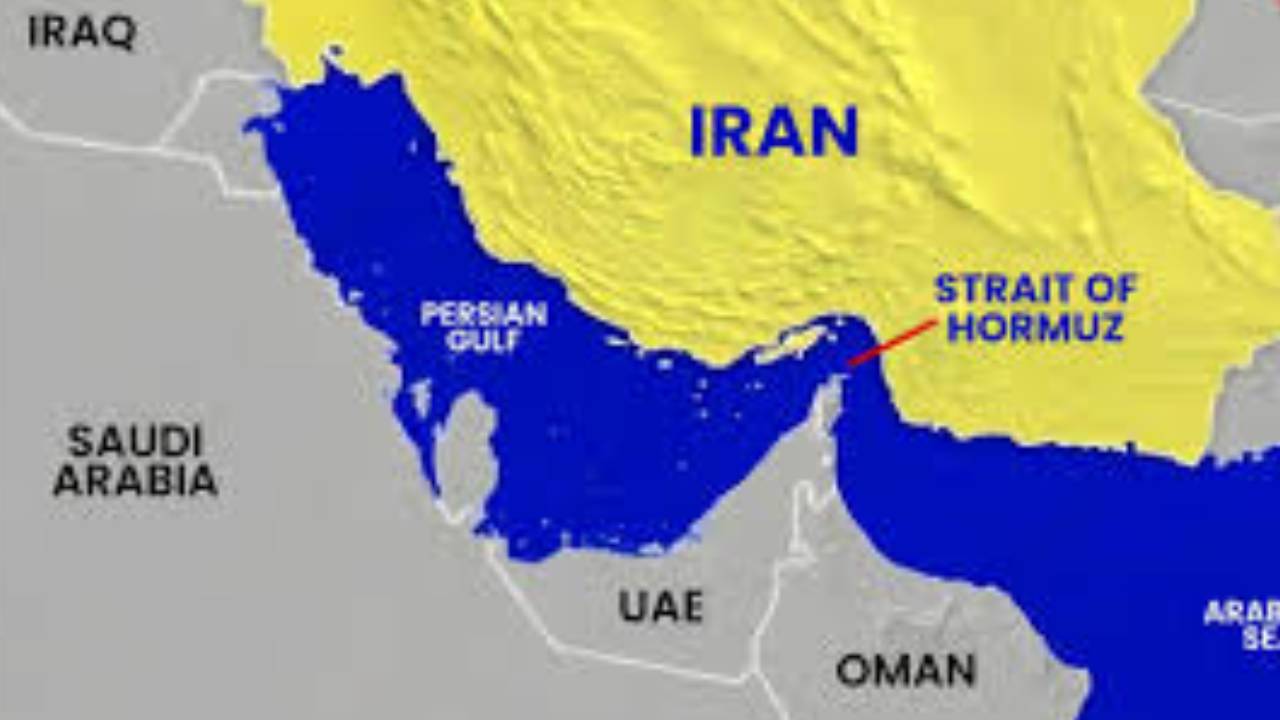US Secretary of State Marco Rubio has urged China to dissuade Iran from closing the Strait of Hormuz, a critical global oil route, warning that such a move would amount to “economic suicide” for Tehran and trigger severe global economic fallout.
Rubio’s remarks followed reports by Iran’s state-run Press TV that lawmakers had approved a plan to shut the Strait, although a final decision rests with Iran’s Supreme National Security Council.
Speaking on Fox News, Rubio said: “I encourage the Chinese government in Beijing to call them [Iran] about that, because they heavily depend on the Straits of Hormuz for their oil… It would hurt other countries’ economies a lot worse than ours.”
The call comes after the US launched strikes on Iranian nuclear sites over the weekend, sending oil prices surging. Brent crude briefly jumped to $81.40 per barrel before retreating to $78, its highest level in five months.
Around 20% of the world’s oil flows through the narrow waterway, making any disruption a serious threat to global supply chains. China, the largest buyer of Iranian oil, imports over 1.8 million barrels daily, with other Asian economies such as India, Japan and South Korea also heavily reliant on the route.
Energy analysts say Iran would suffer politically and economically if it blocked the Strait. “Iran risks turning its oil and gas producing neighbours into enemies and invoking the ire of its key market China,” said Vandana Hari, of Vanda Insights.
China, for its part, has criticised the US strikes. Beijing’s UN envoy, Fu Cong, urged restraint, while state media accused Washington of destabilising the Middle East and pushing the conflict toward an “uncontrollable state”.
President Donald Trump has warned Tehran of “far worse” retaliation if it does not abandon its nuclear ambitions. The extent of damage to Iran’s nuclear facilities remains unclear, though Iran claims minimal impact at its key Fordo site.
As tensions escalate, global markets and diplomatic channels remain on high alert.





